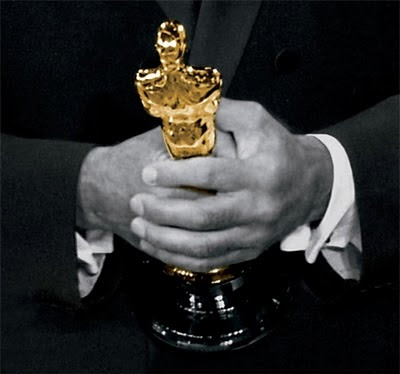The curious turn taken this year by the usually stuffy, self-important Oscarcast probably warrants psychoanalysis more than critical analysis.
Perhaps weary of being unfavorably compared to the Golden Globes party, with its irresistible frissons, and cognizant of its own dwindling credibility, Oscar decided the most expedient route to the popularity it so desperately covets would be self-debasement and, to a degree, self-loathing.
Fine. Anything that produces results. The show was crude and rude, gleefully so, and it willfully pursued every -ism in the book. Fine.
The problem, however, was that none of it was remotely funny.
Perhaps weary of being unfavorably compared to the Golden Globes party, with its irresistible frissons, and cognizant of its own dwindling credibility, Oscar decided the most expedient route to the popularity it so desperately covets would be self-debasement and, to a degree, self-loathing.
Fine. Anything that produces results. The show was crude and rude, gleefully so, and it willfully pursued every -ism in the book. Fine.
The problem, however, was that none of it was remotely funny.
The 2013 Oscars was the awards-show equivalent of a conflicted, sexually ambiguous teenage boy: Am I gay? Or am I straight? Do I prefer “boobs”? (To borrow a word from the title of the man-cave song-and-dance extravaganza that set the show’s insecure tone.) Or do I prefer the Gay Men's Chorus of Los Angeles? (Another of the show's “huh?” moments.)
The result was an Oscarcast that was more than just routinely awful. It was embarrassing and pathetic in its dazed quest for validation.
In retrospect, the most recent Golden Globes presentation, with Tine Fey and Amy Poehler, had the sophistication of a Cole Porter lyric.

























